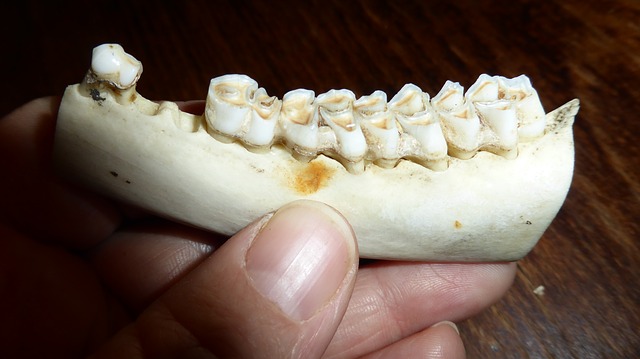An interesting article titled “Pediatric-Antiresorptive Use: Should We Intervene on Third Molars Early?” written by Michael J. Cimba and et al. appears in the Journal of Oral and Maxillofacial Surgery (vol. 79, pp. 1817−1818, 2021). The article seeks to address if oral surgeons should consider preventatively extracting wisdom teeth in children before they start bone disease therapy to prevent jawbone destruction.
In the article the authors discuss how removing wisdom teeth that have not yet fully developed in children before they begin antiresorptive therapies may prevent them from developing medication-related osteonecrosis of the jaw (MRONJ). MRONJ, a progressive death of the jawbone, is a side effect of antiresorptive therapy such as bisphosphonates and denosumab, which are drugs used to treat bone (osseous) diseases and cancer-related conditions. It is well known that dental extractions like removing wisdom teeth can increase the risk of developing MRONJ.

However, the authors state that current literature only reflects the risk of antiresorptive induced MRONJ for adults which have a 14.8% increased risk of experiencing MRONJ following traumatic injury while on IV bisphosphonates. The occurrence of MRONJ in the pediatric population is unknown and children can also be prescribed these antiresorptive medications. In the article the authors state:
“The most ideal treatment option to prevent MRONJ entirely is to perform all dental treatment and extractions prior to the patient beginning antiresorptive therapy. This guideline should be specifically enforced on the antiresorptive-pediatric population when considering the need for immediate or potential future third molar [wisdom teeth] extractions.”
Thus the authors feel that due to the potential effects of antiresorptive treatments and limited options for those on them, dental extractions should be performed prior to beginning antiresorptive therapy which can eliminate any risk of medication-related osteonecrosis of the jaw. The one side effect the authors do point out is that by prematurely extracting wisdom teeth there is a potential needed to remove excess bone as well. However, they feel the pros outweighs the cons and suggest that oral surgeons remove wisdom teeth preventatively in pediatric patients before they begin antiresorptive therapy. The authors state:
“The safety and efficacy of precautionary tooth extraction must be weighed against the risks associated with extracting after initiating antiresorptive therapy. Understanding the potential sequelae of MRONJ on patients prescribed antiresorptives, we recommend …. prophylactic third molar removal in the pediatric population.”
The authors feel that pediatric patients who are to begin antiresorptive therapy should be referred to a pediatric dentist and an oral surgeon for evaluation and likely extraction of wisdom teeth. The others do point out an alternative, which would be for a drug holiday where the patient taking the antiresorptives stops doing so for a time. However, they say that this may be ineffective for IV bisphosphonates because of a long half life although they seem to concede that denosumab may work for this although it does put the patient at risk of their treatment of the bone and cancer disease.
There is not much hard data the authors are making their opinion on. They seem to think the pros outweigh the cons as they describe but there is no real quantitative data to back it up. It seems to be made more on a hunch or some additional information they are privy to that is not explicitly shared in the article. It seems that studies are really needed before jumping to conclusions.
